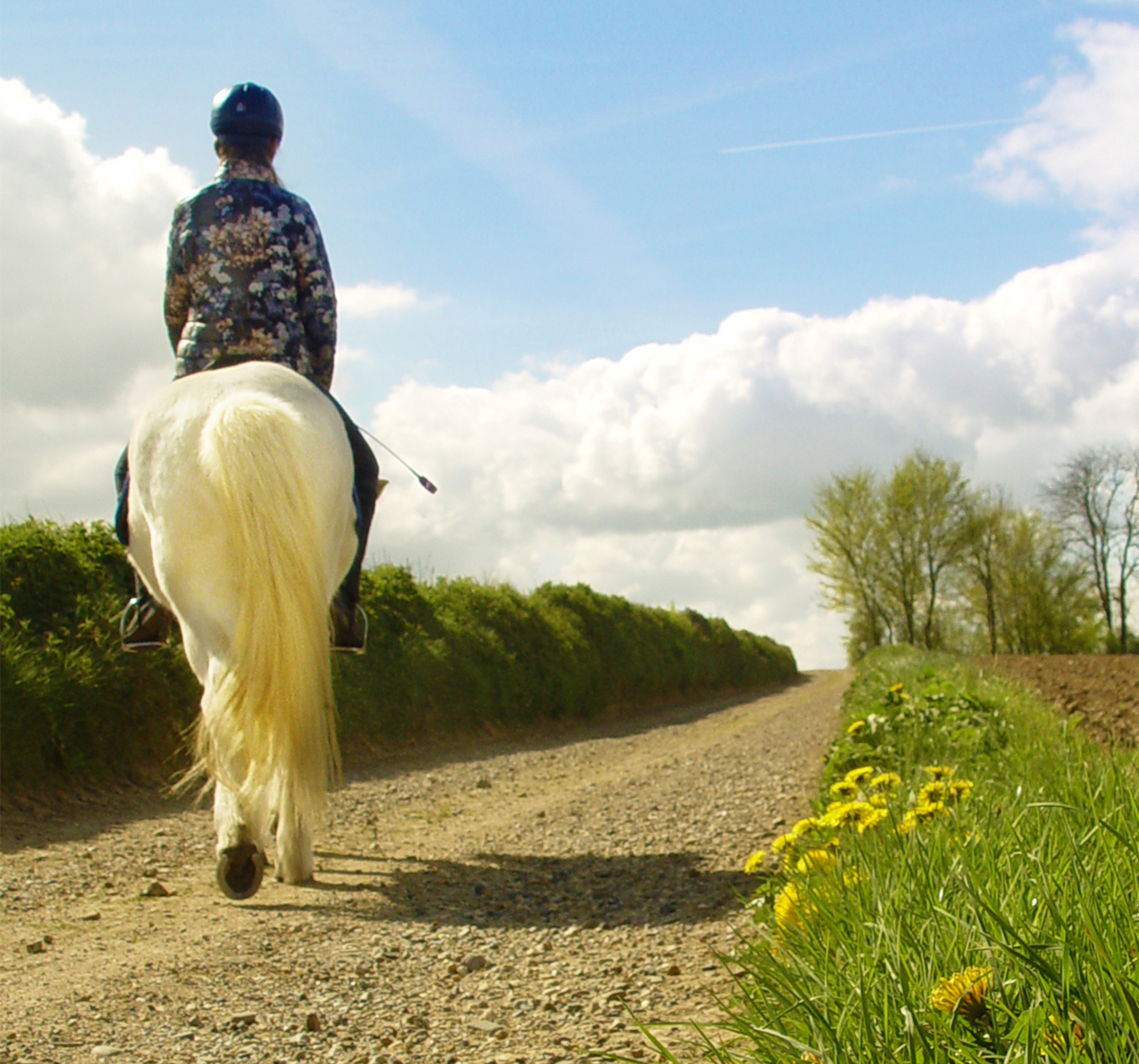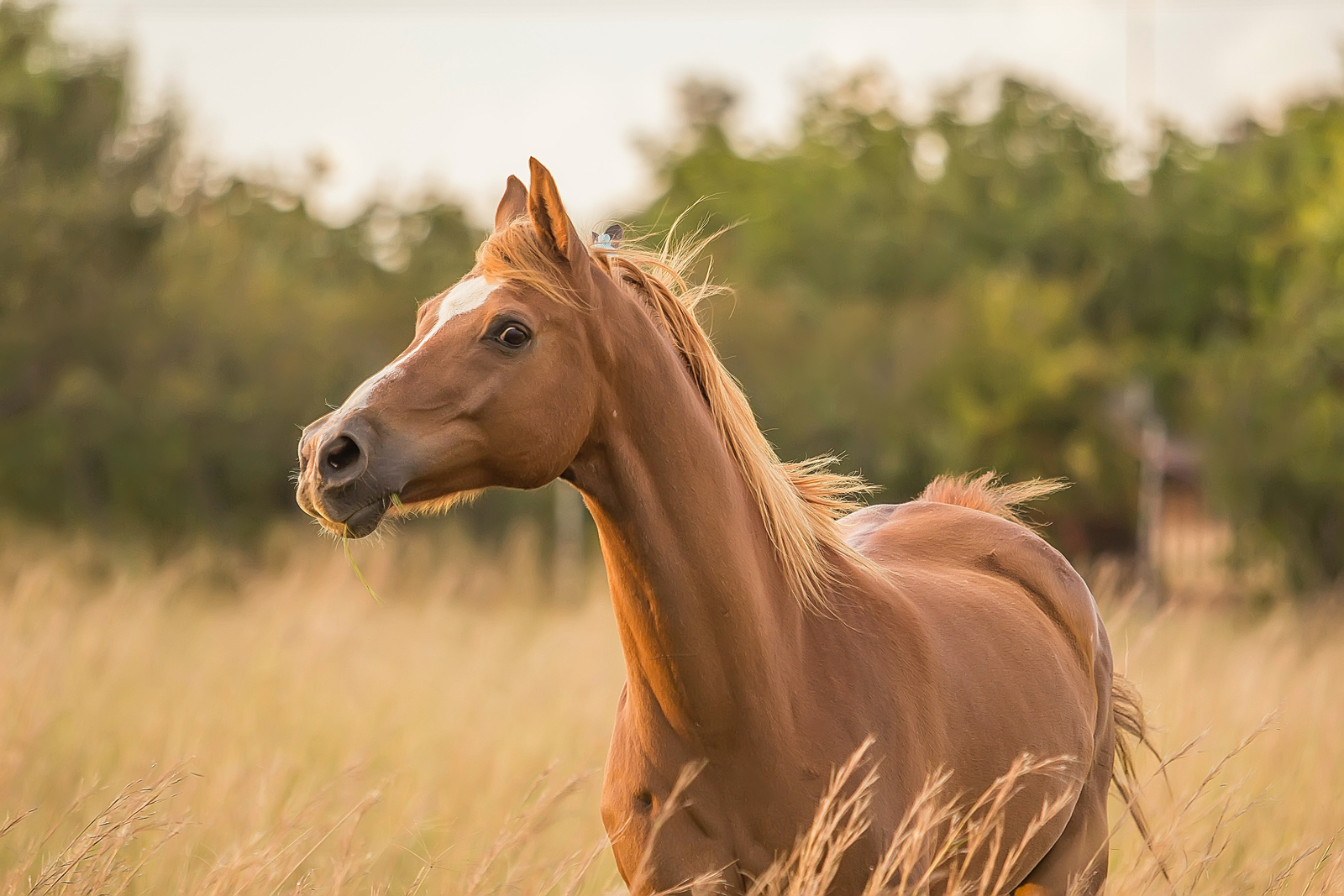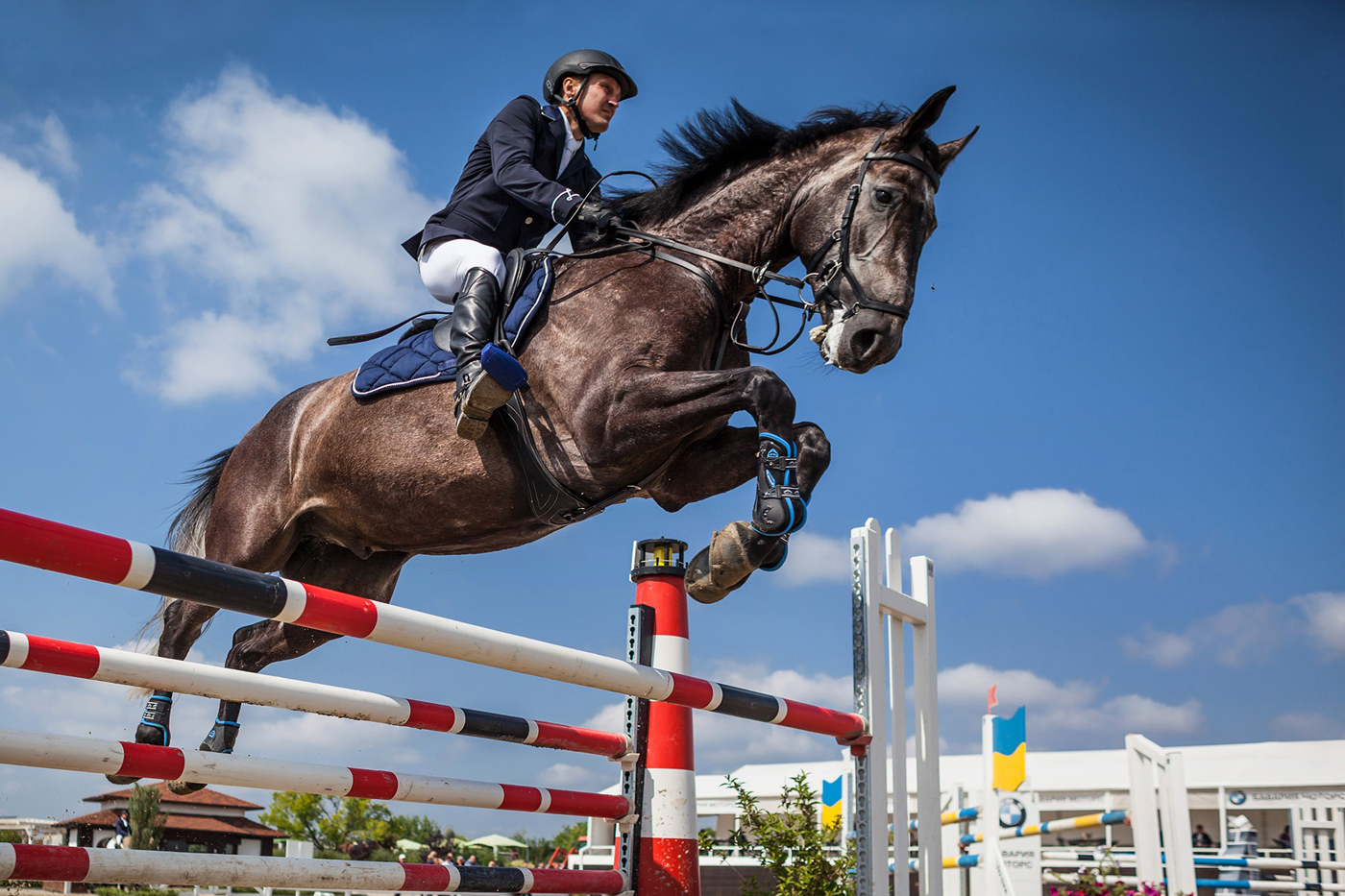Like many of the most enjoyable things in life, riding horses can be both fun and risky. There are many common causes of horse riding accidents, like poor equipment or speeding traffic, but we all agree the pleasures far outweigh the pitfalls.
However, while these accidents often prove minor that isn’t always the case. Even a recently born foal can outweigh many people and accidents can prove deadly serious.
Apart from arranging suitable horse rider insurance to cover your horse from accidental injuries, prevention is always better than cure.
Recognising the common causes of accidents whilst horse riding and how to protect yourself is essential for a long, fulfilling life with your equine companion.
-
Road traffic hazards
If you’re not lucky enough to live within easy reach of wide-open vistas or forest trails you’ll inevitably need to sometimes ride your horse on the road.
With the British Horse Society reporting that in the past 10 years over 315 horses have died and 43 people have been killed on UK roads, it’s vital for both your safety to get your forever friend used to traffic.
Follow our step-by-step guide on how to get your horse used to traffic and the Highway Code’s advice to drivers and riders.
How horse riders can prevent accidents:
- Wear fluorescent and reflective clothing, whatever the conditions
- Always wear a helmet
- Be alert to all forms of traffic
- Give clear and decisive signals
- Obtain the BHS Ride Safe Award
How drivers can prevent accidents:
- Slow down when approaching and passing horses, and when driving away
- Never sound your horn or rev your engine
- Pass the horse and rider wide and slow

-
Defective or unsuitable equipment
As with any sporting activity, faulty or badly fitting equipment can increase the chance of injury.
Make sure you check saddles, bridle, girth and reins before heading out every time. If you’re unsure about what to look for then ask someone more experienced to take you through the various equipment safety checks.
Whatever happens always check you’re wearing the correct clothing. This should include:
- a helmet that meets approved standards
- sturdy boots with a heel to prevent your foot slipping through the stirrup
- safety stirrups to lessen the risk of your foot getting jammed
- A body protector to protect your torso if you fall
- gloves to protect your hands and give you a bit of extra strength and grip, often white ones are recommended so they can be seen more easily by other road users.
This also applies to attendance at equestrian centres, particularly if you’re just starting out.
Centres and their staff have a duty to provide you with good quality and suitable riding equipment but it’s important for you to ask if you’re unsure about equipment.
Remember horse rider insurance arranged by Equesure not only covers you and your horse but can also cover saddlery and tack up to £2,500.
-
An unsuitable horse
Given the strength, speed, height, and unpredictability of a horse, horse riding can be a dangerous activity.
If you’re just starting out then the safest route to learning to ride is with an experienced coach on a calm horse.
Not only will an instructor teach you safe riding skills but can stop bad riding habits and prevent you from making dangerous mistakes.
Unfortunately, an accident at a riding school or trekking centre can still happen if a horse has been incorrectly matched to your riding skill level.
Beginners should ride quiet, well-mannered horses accustomed to the common mistakes of learners. If an inexperienced rider is matched with a young horse, this is when accidents can happen.
If you’re wondering what type of horse might be right for you, check out our guide to some of the most popular breeds for riding.

-
Poor riding surface
Poor road or path surfaces that cause a horse to stumble are another common cause of accidents.
Some surfaces can be extremely slippery and cause horses to slip or fall. There are a number of surfaces that may do this and it’s always worth checking before riding on an unfamiliar surface.
For example, on roads it is possible over time for the road chippings to erode and the bitumen to rise to the surface.
This can make the road very slippery under hoof. There can also be problems with newly laid surfaces if the surface has not been treated properly.
-
Competitions and events
With the increased crowds and noise at competitions and events coupled with the challenges horses and riders are put through, taking part in events can give rise to accidents.
A Cambridge University study of 1,000 riding accident hospital admissions has shown:
- One injury for 100 hours of leisure riding
- One injury for 5 hours for amateur racing over jumps
- One injury for 1 hour of cross-country eventing
With even the most expert of horse owners being potential accident victims all riders need to be aware of the dangers and act accordingly.
While there’s no guarantee on how to avoid injury, learning how to fall off a horse safely is a valuable skill to develop.
Here are a few top tips to help prevent falls and ensure you’re fully prepared if one happens:
- Always choose a horse that matches your skill level
- Maintain proper position in the saddle
- Check that your girth is tightened and the saddle won’t turn on impact
- Wear a helmet, gloves, and boots
- Have regular training from a professional to keep your confidence and training up to scratch.

Horse rider insurance through Equesure
Whether you’re a regular eventer or more occasional hacker horse rider insurance arranged through Equesure is the perfect way to protect yourself and your equine.
With over six decades of experience in the insurance market our specialist team can offer you a bespoke insurance policy with options tailored for your particular needs.
Equesure can arrange insurance to anyone who rides, whether you own a horse or not.
We can offer personal accident cover up to £10,000 for juniors and £20,000 for adults while policies from our varied and trusted panel of insurers can also cover emergency vet fees up to the value of £1,500.
Request a quote or give our horse rider insurance team a call today – they’ll be happy to talk you through your options.






